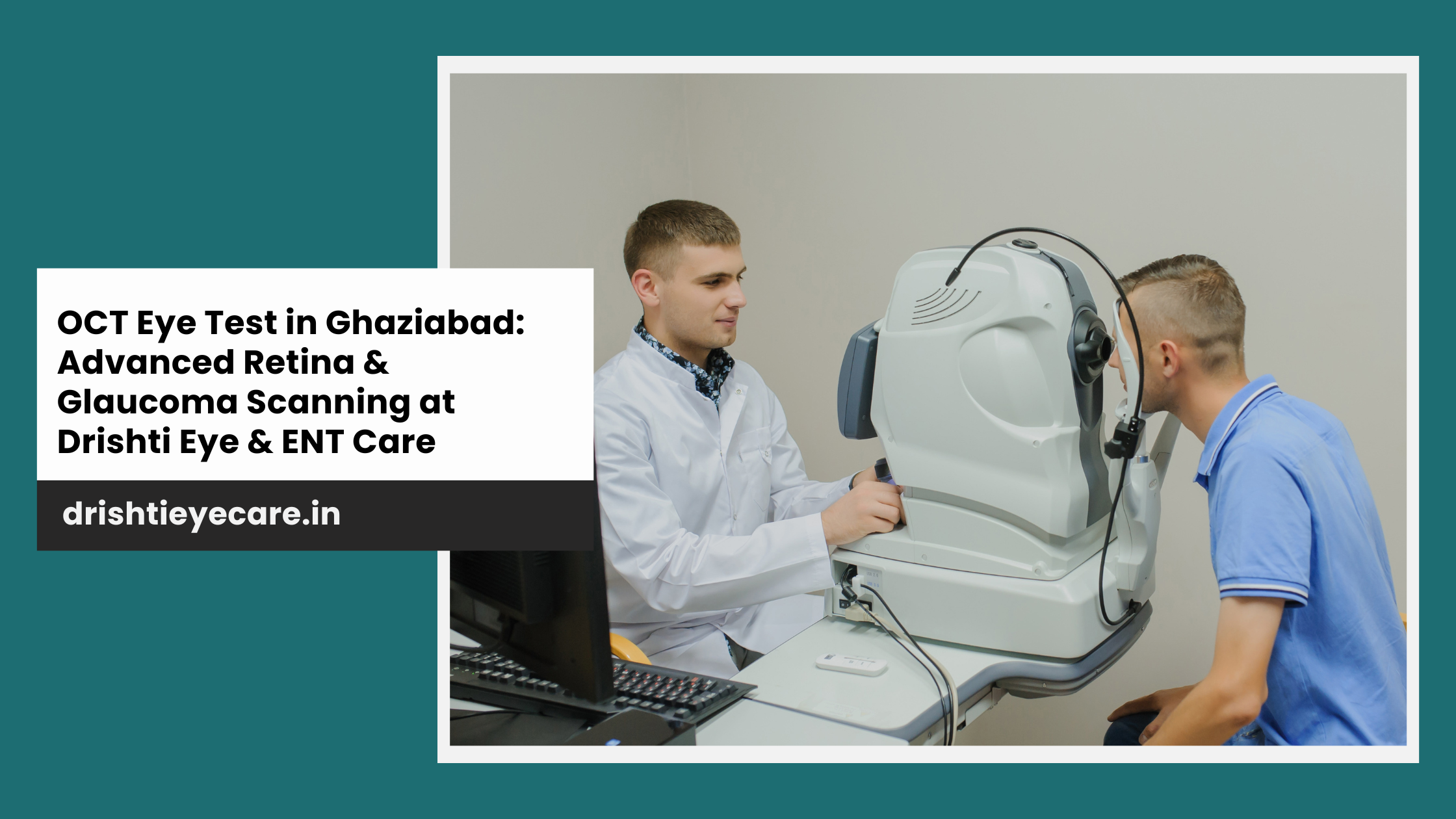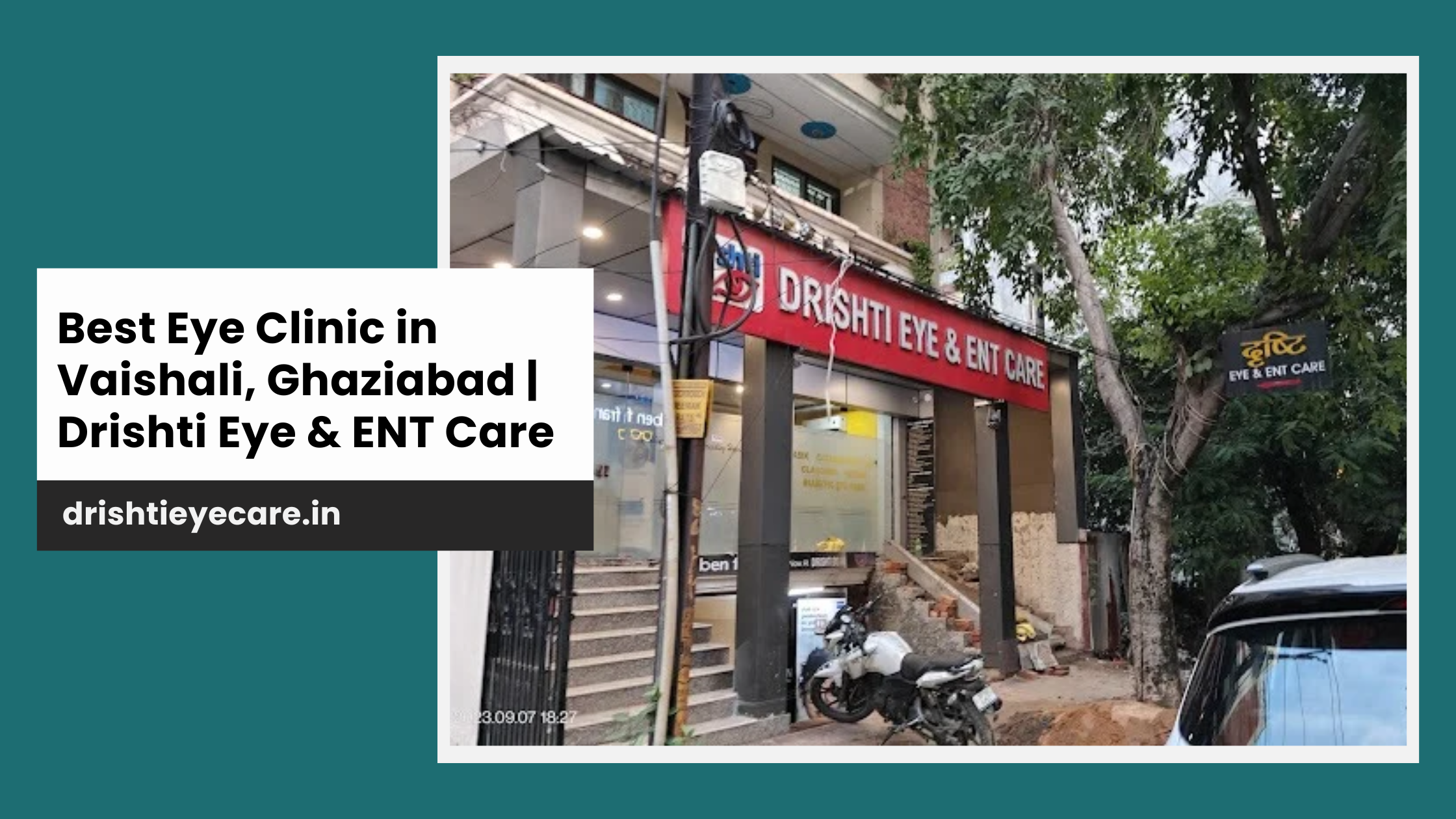Skip to content
What is Keratoconus?
- Progressive thinning and bulging of the cornea into a cone shape.
- Causes distorted vision, light sensitivity, frequent prescription changes, and difficulty driving at night.
- Typically develops in teens or early adulthood and stabilizes over years.
- Affects 1 in 500 to 1 in 2000 people, with genetic and population-specific factors involved.
Treatment Journey by Stage
Stage 1: Early Keratoconus (Mild)
- Slight corneal irregularity with minimal vision changes.
- Treated with glasses or standard soft contact lenses.
- Requires regular monitoring every 6-12 months using advanced corneal imaging.
Stage 2: Moderate Keratoconus (Progressing)
- Noticeable blurred vision and corneal thinning.
- Best managed with specialized contact lenses:
- Rigid Gas-Permeable (RGP) Lenses: Vault over the cornea, providing better vision but need adaptation.
- Scleral Lenses: Larger and more comfortable, ideal for advanced shapes, but more expensive.
- Hybrid Lenses: Combine rigid center with soft skirt for comfort.
Stage 3: Advanced Keratoconus (Severe thinning or hydrops risk)
- Significant distortion and discomfort, possibly intolerant to lenses.
- Treated with:
- Corneal Cross-Linking (CXL): Minimally invasive procedure strengthening corneal collagen to halt progression, best performed early.
- Intracorneal Ring Segments (Intacs): Plastic inserts that flatten cornea and improve shape and contact lens tolerance.
- Combination of CXL and Intacs offers superior results.
Stage 4: End-Stage Keratoconus (Scarring or hydrops)
- Severe scarring, vision loss, and lens intolerance.
- Requires corneal transplant procedures:
- Descemet Stripping Endothelial Keratoplasty (DSEK): Partial thickness transplant with faster recovery.
- Penetrating Keratoplasty (PKP): Full-thickness corneal transplant for extensive damage.
Holistic Management Tips
- Avoid eye rubbing to prevent progression.
- Use UV protection to reduce corneal damage.
- Regular monitoring with corneal imaging.
- Genetic counseling if family history exists.
- Control allergies aggressively to minimize irritation.
Cost Overview in Vaishali
- RGP lenses: ₹5,000-₹10,000 per lens
- Scleral lenses: ₹15,000-₹25,000 per lens
- CXL: ₹30,000-₹50,000 per eye
- Intacs: ₹60,000-₹1,00,000 per eye
- Corneal transplant: ₹50,000-₹1,00,000 per eye
- Insurance may cover some treatments including CXL and transplant.
FAQs
- Keratoconus is not curable but manageable.
- CXL is painless with mild postoperative discomfort.
- Intacs are permanent but removable.
- LASIK contraindicated in keratoconus.
- Early CXL can reduce need for transplant.
- Keratoconus typically does not recur in donor cornea post-transplant.
Why Choose Drishti Eye & ENT Care?
- Specialized corneal experts.
- Full spectrum of treatments from lenses to surgery.
- Advanced diagnostics including corneal topography and OCT.
- Personalized care plans based on disease stage.
- Trusted name in Delhi NCR with patient education and long-term monitoring.
Related Posts




